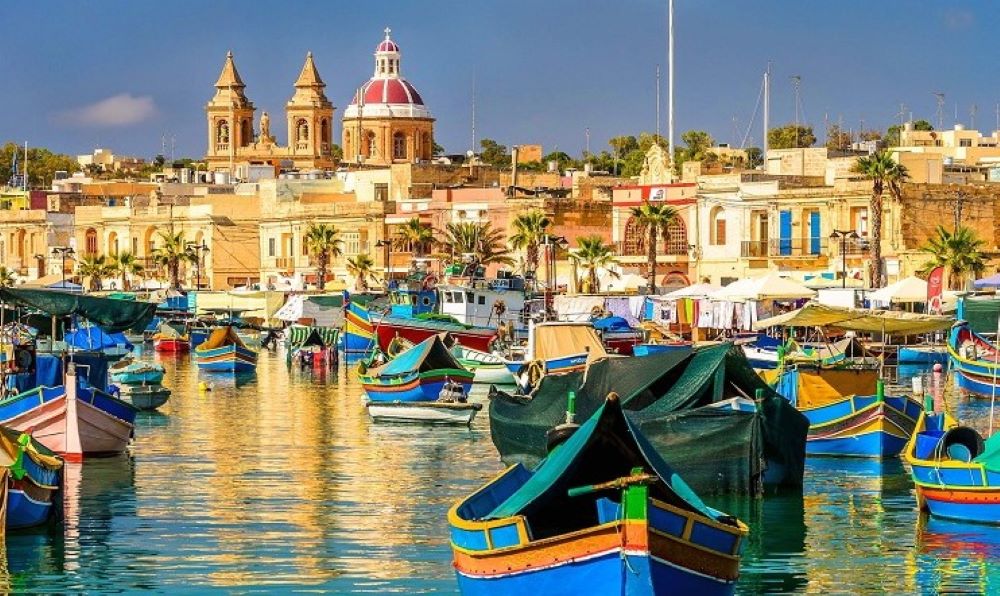 |
IMEX Malta - It's a personal service. The Gateway to Europe. |
|

Domicile and Residence in Malta
Domicile refers to the permanent location known as your home. A person is entitled to only one domicile and is assigned automatically at your birth to the same place as your parents. Also known as your domicile of origin. Being aware of your domicile is essential for tax purposes. At the age of 18, one can change their domicile should they satisfy specific criteria and provide evidence. The following minimum requirements need to be met: Leaving the country in which you are, at the time of application, domiciled and settled in another country and provide strong evidence that you intend to live in your location permanently or indefinitely.
Residency gives an individual the right to work, live, travel, study and set up business in a particular country. Malta Residency and VISA Program (MRVP) and Global Residence Program (GRP) are two Residency programmes that grant non-European nationals and their families to settle in Malta. However, it is wise to note that there is a difference between being a resident and a tax resident in Malta. An ‘ordinary resident’ refers to an individual who spends the majority of 183 days or more each year in their home country. Individuals who spend a more significant period overseas than in Malta are not considered an ‘ordinary resident’. When being present in Malta for 183 days or more, you qualify for a Tax Residency. Personal income tax in Malta can be complex, since it contemplates several exceptions, but as a general rule those who are considered as tax residents in Malta will be taxed. Under Maltese law, an individual is resident in Malta if he spends more than 6 months a year in Malta within a 12-month period (in Malta such period is computed from April to April) or has his center of economic and/or vital interests in Malta. Maltese personal income tax -Residents and domiciliaries: Resident domiciliaries are subject to personal income tax on their worldwide profits and capital gains. -Non-domiciled residents: non-domiciled residents are subject to personal income tax on their income in Malta and foreign income remitted. They are not taxed on foreign source income. -Taxable base: worldwide income for domiciled residents and local and remitted income for non-doms. -Taxable income: Taxable income includes employment income, capital gains, real estate and personal income, and business income. -In general terms, Malta taxes worldwide income (i.e. all income received) at a progressive rate of 0% to 35%. The brackets work as follows: There is an exemption for the first €12,000 15% up to €16,000 25% up to €60,000 35% for amounts over 60.000€ Additionally, under exceptional circumstances of the non-dom regimes, a flat tax of 15% is applied only to foreign income remitted to Malta, with a minimum taxation of 5,000 euros. It is worth mentioning that Malta, like many EU countries, has a high ordinary taxation on the individual, in this report we will only analyze those special regimes that are attractive, i.e. the Maltese non-dom. You are british nationality? Find detailed information about Permanent Residency for British Nationals in Malta. Malta, a jewel in the heart of the Mediterranean, offers a lifestyle that many find irresistibly charming. With its sun-drenched days, rich history, and vibrant cultural tapestry, the island nation beckons those seeking a slower pace of life combined with the allure of ancient traditions and modern conveniences. However, beneath its idyllic surface, Malta presents a set of challenges that warrant careful consideration before deciding to call it home. Read the full article Living in Malta: Navigating the Pros and Cons of Island Life You have some more questions? Contact us for a free quote. |